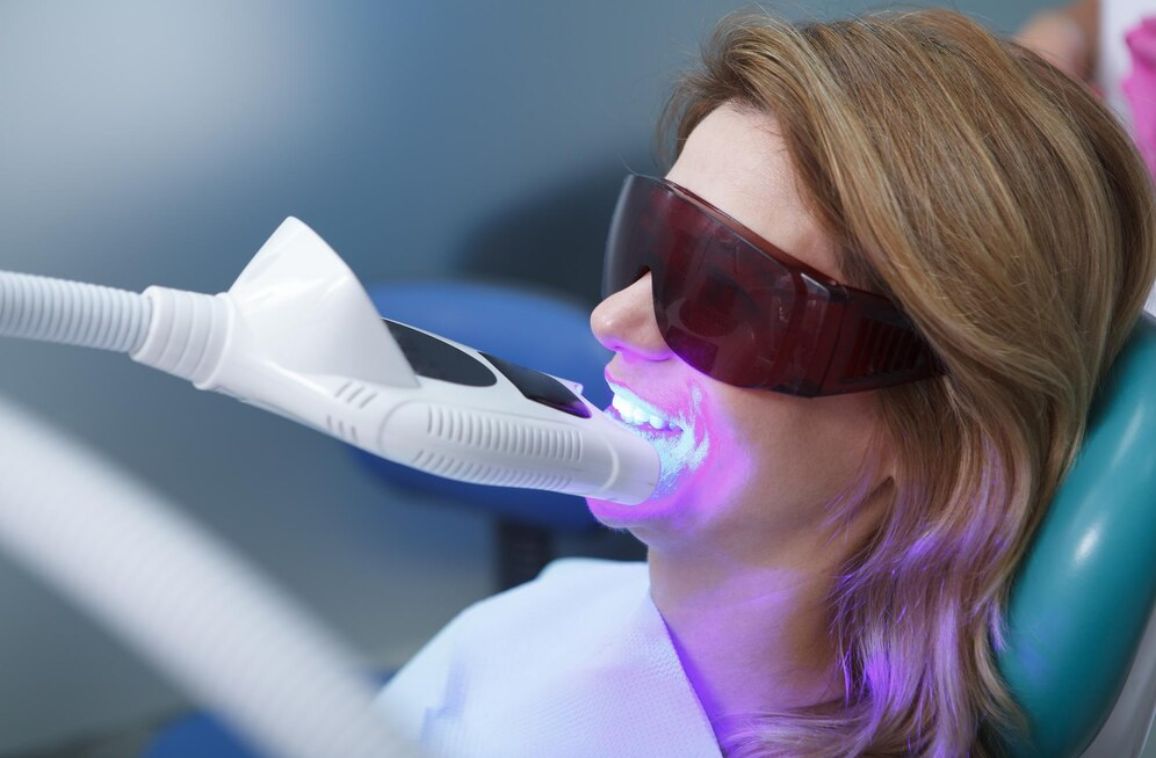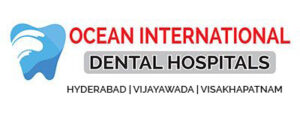Which procedures can be performed with a laser for dental depends on which laser is being used. There are a variety of lasers to choose from, and once chosen, the person can decide which is best suited.
Each laser has unique characteristics, and several manufacturers specialize in each sort of type.
There are hard-tissue lasers that are attracted to water and hydroxyapatite. Dentists primarily make use of these lasers due to their attraction to tooth surfaces and also the higher costs to purchase and maintain them. A person can use such lasers to perform just about any procedure that can be done with traditional instruments, like bone re-contouring, prepping teeth for fillings or crowns, hard-tissue crown lengthening, and exposure of teeth under bone.
Diode lasers
The most economical dental lasers are diode lasers. These are rather soft-tissue lasers that doctors often purchase as their first laser, occasionally passing them on to their hygiene team. Diode lasers are economical and also easy to use; they are the ones used most commonly by dental hygienists in order to perform the procedures listed above. Diode lasers are no doubt portable, easily moved from operatory to operatory, and also deliver very competent results.
Nd: YAG lasers
These lasers have been used in dental practices since as early as the 1990s. They were one of the first lasers clinicians used until diodes became available. Nd:YAG lasers are primarily soft-tissue lasers that can indeed be used for several similar procedures as diode lasers.
CO₂ lasers
As a laser educator, several hygienists have enquired about CO₂ lasers. They are superior at cutting soft tissue without bleeding. Two very popular CO₂ lasers are DEKA and DENTA RF (GPT Dental), having optimal results.
Another CO₂ laser is the Solea laser (Convergent Dental). Although CO₂ lasers are, in fact, primarily used for soft-tissue procedures, Solea is unique as it is the first CO₂ laser system cleared by the FDA for both hard- and soft-tissue procedures in dentistry. This laser does offer numerous advantages in dental practice.
It is obvious which procedures can be performed with a dental laser; that depends on which laser the person is using. There are a variety of lasers to choose from, and much depends upon their uses, and he or she can decide which one is best suited for the practice. Types of lasers, as mentioned earlier, include Er: YAG and Er: CrYSGG, diodes, Nd: YAG, and CO₂. Each laser has unique characteristics, and there are also several manufacturers specializing in each type.
Thus, lasers are a common tool in dentistry. They can be made use for teeth whitening, tooth decay, gum disease, and also mouth lesions.
Using lasers in dentistry for tooth tissue procedures and other dental conditions became common in the 1990s.
This sort of treatment can offer a range of benefits, from being more cost-effective to being, no doubt, less painful than dental drills or even non-laser tools.
Laser dentistry is used in a variety of procedures, including
- Treating hypersensitivity.
- Treating tooth decay.
- Treating gum disease.
- Whitening teeth.
Laser dentistry as a treatment option for several dental conditions has gained much acceptance.

Dental laser therapy is effective and beneficial for modern dentistry.
Other laser procedures include:
- Viewing tissues: Optical coherence tomography allows a doctor to safely see inside a tooth or even gum tissue.
- Removing benign tumors: Lasers can remove tumors from the palate, gums, and also the sides of the lips and cheeks via a pain-free and suture-free method.
- Treating obstructive sleep apnea: Lasers can reshape the throat and relieve associated breathing problems when sleep apnea is caused by tissue overgrowth in the throat.
- Treating TMJ (temporomandibular joint): Lasers can help reduce pain and also inflammation in one’s joint.
- Nerve regeneration: Lasers can also help regenerate damaged blood vessels, nerves, and scars.
- Treating cold sores: Lasers can indeed minimize healing time and reduce pain from cold sores.
Conclusion
Laser for dental treatment is very useful.
- Teeth whitening: Lasers speed up the bleaching process during teeth whitening sessions.


